US sanctions strengthen unity between Iranian nation, government: Rouhani
Iran’s President Hassan Rouhani says Washington’s “maximum pressure” campaign has failed to achieve its objectives and only strengthened unity between the government and people.
“The more these sanctions go on, the more the hatred of the people increases toward the United States of America, and internal unity becomes more and more solid,” Rouhani said in an interview with the ABC news’ David Muir on Wednesday.
Rouhani said that Americans failed to achieve their goal of provoking the Iranian people against the administration by imposing sanctions on the country following Washington’s unilateral withdrawal from Iran’s 2015 nuclear agreement in May last year.
“What America thought that it could accomplish with sanctions, that it would provoke our people against the administration, against the government, after a year-and-a-half, it has become very clear that our people, with extreme awareness and understanding, know that the main culprit is the United States of America’s government," he said.
Rouhani said that although the Iranian people are under pressure, the sanctions have led to Iran’s economic growth as the country has found ways to deal with restrictions.
“Yes, our people are under pressure. But the Iranian economy is adapting itself in such a way to the new sanctions of the United States of America that...in the past three months, we have been put on a trajectory of economic growth, even though, prior to this, we were experiencing a negative economic growth,” he said.
Rouhani added that the sanctions were “against the international laws and against [the] UN Security Council resolution,” and that the restrictions “cannot continue.”
He pointed to the close cooperation between Iran and the International Atomic Energy Agency (IAEA) after the signing of the landmark nuclear accord, saying that the UN nuclear watchdog had in various reports confirmed Iran’s compliance with “every single one of” its commitments under the nuclear deal.
He called the sanctions “an economic form of terrorism” against Iranians, saying they were to the detriment of Americans and other countries.
Claims about attacks on Aramco ‘unfounded’
Elsewhere in his talks with the ABC, Rouhani censured as “unfounded” claims made by the US about Iranian involvement in Yemen’s retaliatory drone raids on Saudi oil installations, saying the Americans have no evidence to prove the allegations.
“They have no documentation or proof to show. ... We requested for them to furnish us the proof, evidentiary proof,” Rouhani said.
“But they don’t. ... I announce here, very clearly and transparently, for the United States and the European countries, we wish for them, we hope for them, to show proof, evidentiary proof, so that the world can see that, at the end of the day, these allegations and accusations are unfounded,” he added.
Rouhani said that the attack on the two facilities in Abqaiq and Khurais actually originated in Yemen.
“This attack was originated in Yemen, in truth. That’s the truth of the matter,” Rouhani said.
“If the Yemeni conflict does not come to an end, much more severe attacks will be witnessed — emanating from Yemen,” he said.
“The Yemeni issue that has been ongoing for five years, that has subjected the Yemeni people to the daily bombardment and bloodshed of an aggressor. This has angered the Yemenis,” he added.
Rouhani also said that he'd spoken to leaders of the UK, Germany and France, the European trio that had also placed the blame on Iran for the attacks, and that they had not offered a “single legitimate” piece of evidence to substantiate their claims.
On September 14, Yemen’s Ansarullah movement and their allies in the Yemeni army deployed as many as 10 drones to bomb Abqaiq and Khurais oil facilities run by the Saudi state-owned oil company Aramco.
The unprecedented attack knocked out more than half of Saudi crude output, or five percent of global supply, prompting Saudi and US officials to claim without any evidence that it probably originated from Iraq or Iran.
The United States and Saudi Arabia have, to various degrees, blamed Tehran for the attack on Aramco installations.
Tehran, however, has rejected the allegations, saying Washington seems to be shifting from a failed campaign of “maximum pressure” to one of “maximum lying” and “deceit” against the Islamic Republic.
In a joint statement on Monday, French President Emmanuel Macron, German Chancellor Angela Merkel and British Prime Minister Boris Johnson joined the US and Saudi Arabia in pinning the blame for the attack on Iran.
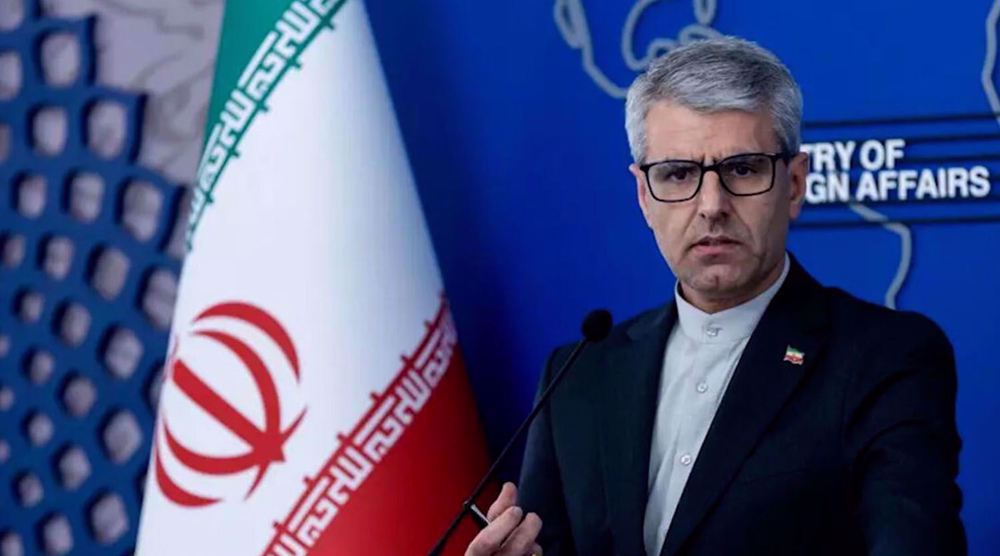
Iran: US talks focus on lifting ‘cruel sanctions’; no direct engagement amid threat, pressure
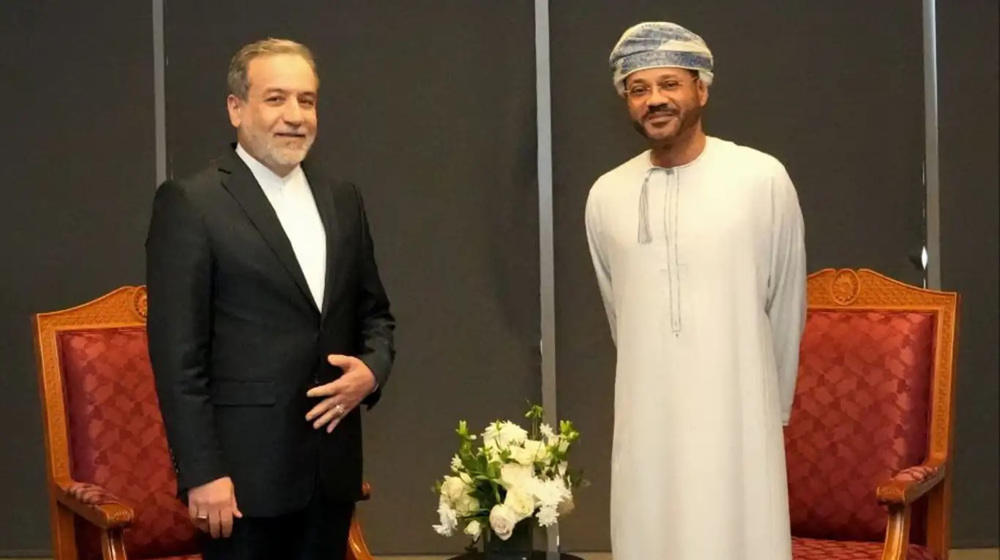
More regional countries hail first round of Iran-US talks, express support for process
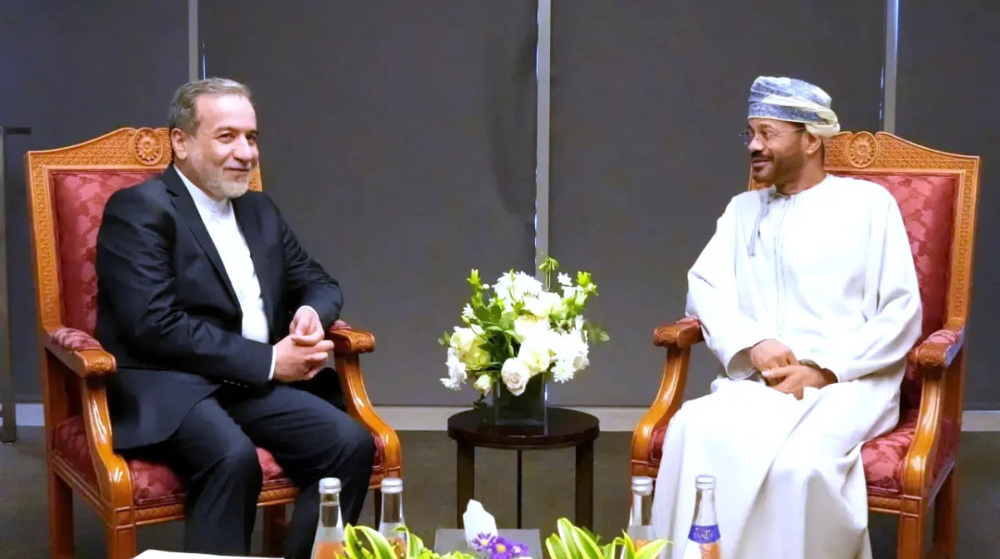
UK, alongside E3, supports indirect Iran-US talks: British minister
Iran: Second round of indirect talks with US will be held in Oman
China urges US to ease trade tensions via ‘equal dialogue’
‘Hamas not defeated, military overstretched’: Israeli army chief
Iran, Armenia should elevate ties to strategic partnership: Deputy FM
VIDEO | Yemen shoots down another US MQ-9 drone
VIDEO | A number of Israeli soldiers killed, injured in Gaza ambush as retaliation rages
US pro-Israel strikes killed 123 Yemenis in less than a month: Ministry
VIDEO | Wars and documentaries


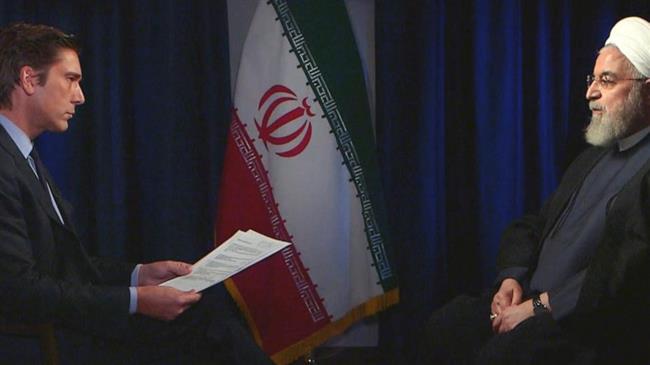




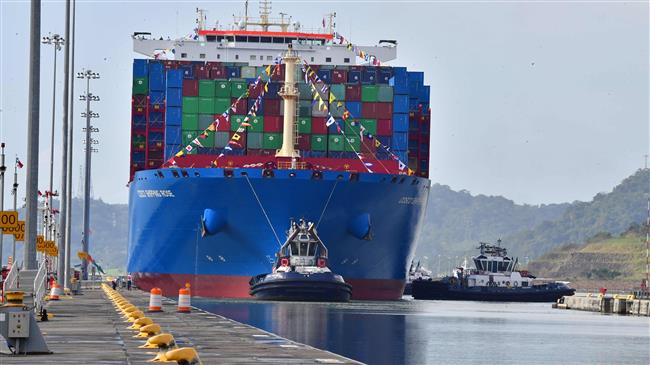
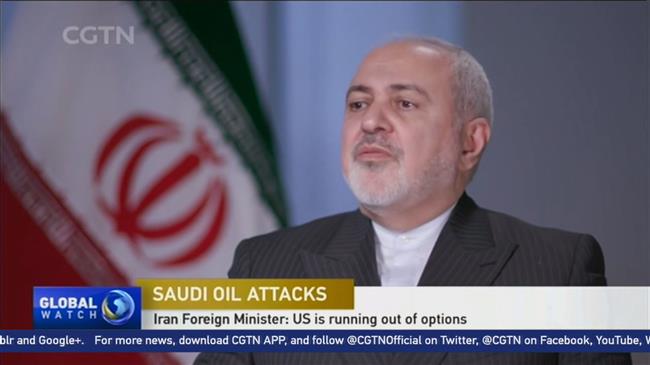


 This makes it easy to access the Press TV website
This makes it easy to access the Press TV website